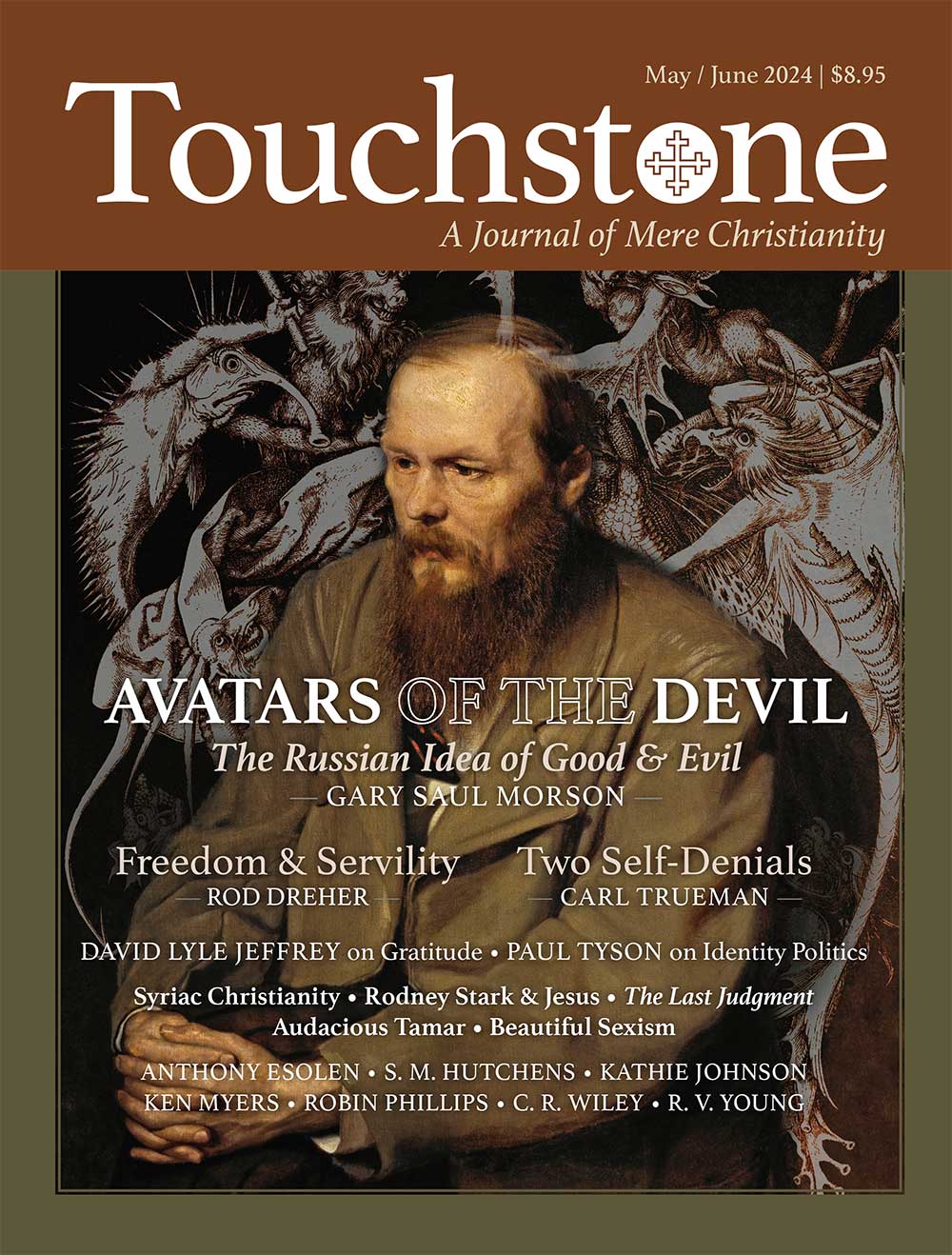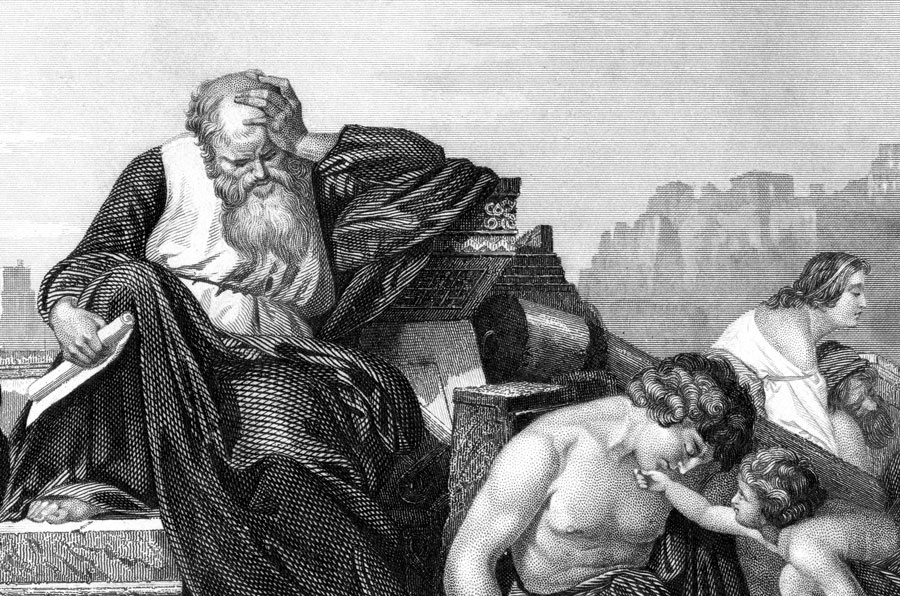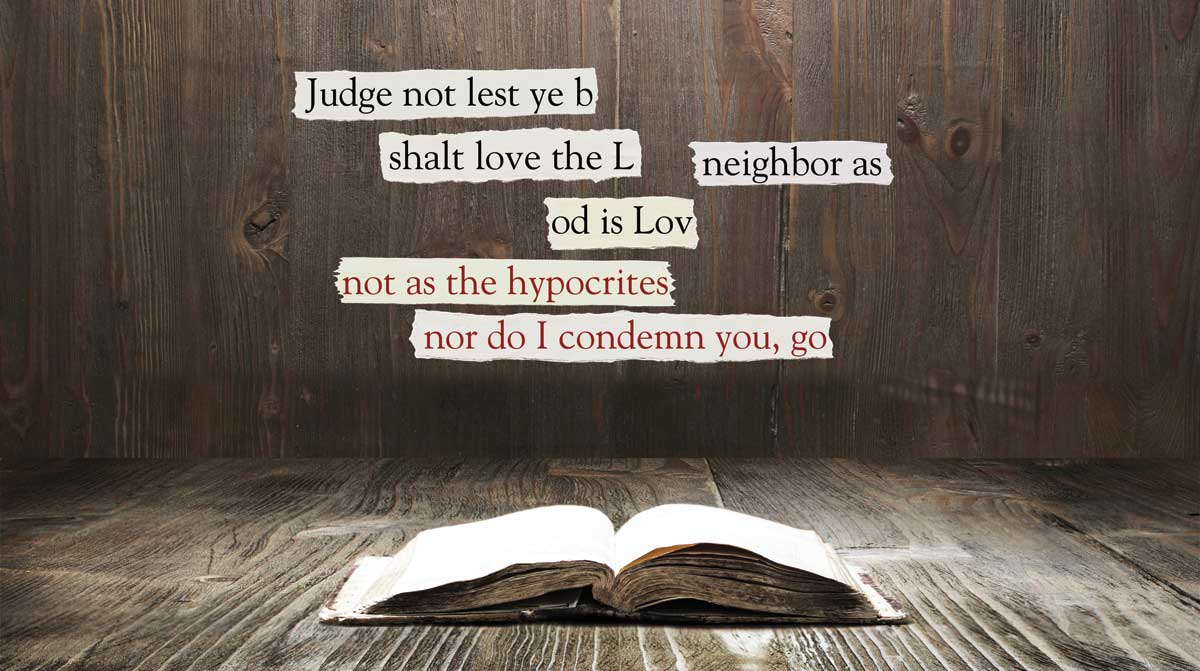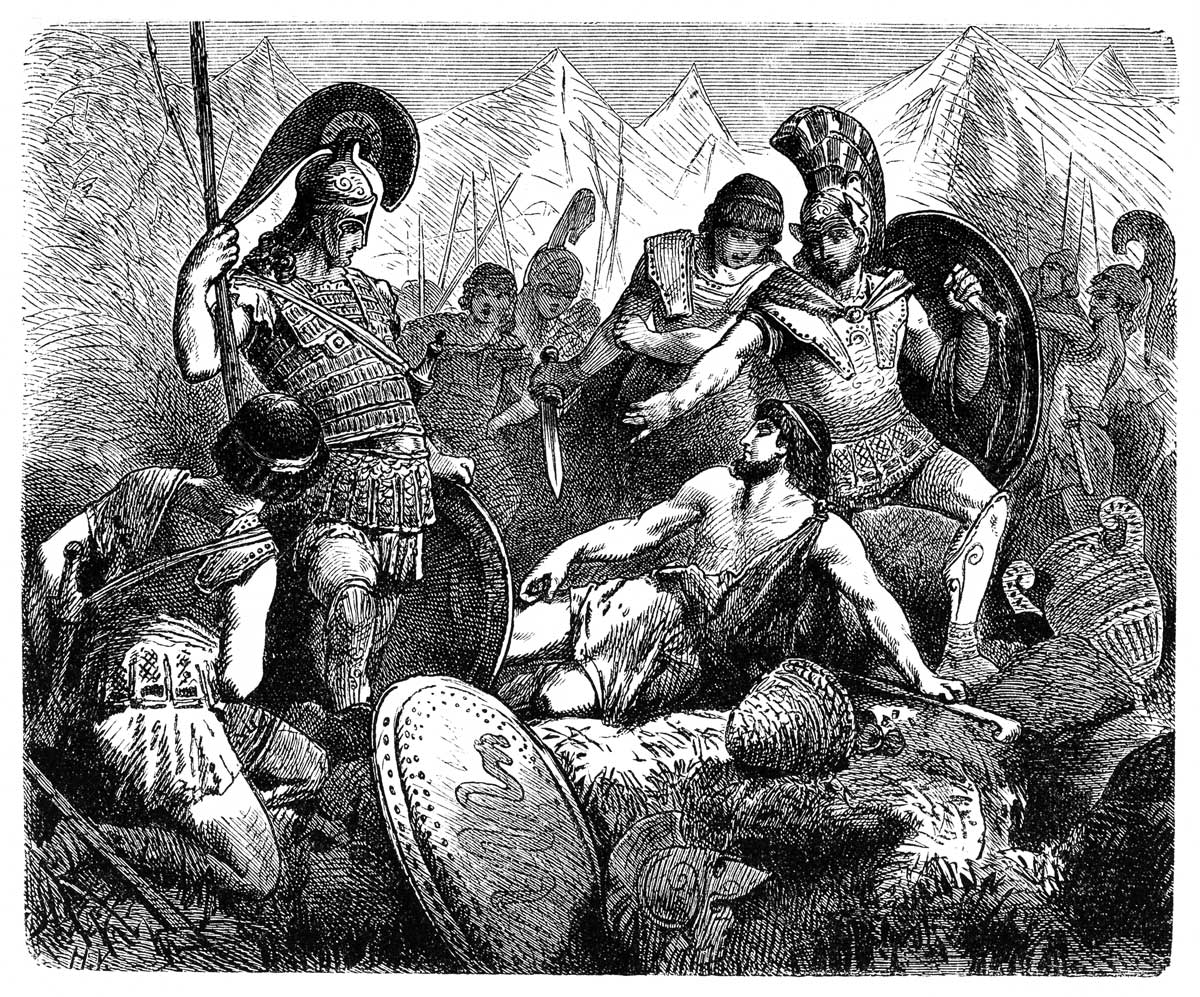Total Freedom, Total Servility
Digital Culture’s Transformation of Authority
The night before I left Budapest to come to the 2023 Touchstone conference, someone at a party at my apartment stepped on my dear old laptop, putting it permanently out of its misery. I had to go straight to the Apple store in America the next day to get a replacement. Since I last purchased a laptop, Apple has installed even more gizmos into its machine—all designed, they say, to help me personalize my experience. Using my laptop, like just about every other interaction I have with digital technology, has become an opportunity to empower myself, or so digital culture boasts.
It’s not entirely wrong. Every day and in every way, the “Machine,” as writer Paul Kingsnorth calls it, labors to create a bespoke experience for its users. Digital tech is freeing us to be ourselves, or so its advocates want us to believe. To be fair, sometimes it really does increase my flexibility and autonomy. I can live anywhere in the world and do my job as a writer, thanks not only to my laptop and the internet, but also to the system of media and communication created by the internet.
The New Mark of the Slave
But, to paraphrase Dostoevsky, with total digital freedom comes total digital despotism. This is not simply about social credit systems and other obvious manifestations of how becoming dependent on digital tech makes us all incredibly vulnerable to oppression by those who control access to it. It is also about how, with the coming of artificial intelligence (AI), we are creating a strong new god that promises us enlightenment but will deliver slavery.
When I was an adolescent reading the 1970s-era End Times mega-seller The Late Great Planet Earth, I wondered how we could ever get to the point where you would need a mark of some sort to give you access to the economy. Well, here we are. The ancient Romans marked their slaves with tattoos on their hands or foreheads to manifest their status as captives, lest they escape and try to deceive anyone. The “Mark of the Beast” may not be a literal tattoo but simply a formal agreement with the regime, allowing one to participate in the economy in exchange for loyalty to the system.
In China, for example, you don’t have to have a literal mark on your hand or face to be able to do business. You do have to have a good social credit score, which is to say, you had better have stayed away from churches and other gatherings of “bad” people. There is no escape from electronic monitoring. Everything you do online is stored somewhere and will be instantly accessible to the authorities in the future via AI. The only thing keeping this technology from being deployed in the West is political will.
This brute fact is important—in fact, one of the most important facts in the contemporary world—but the collapse of authority in the face of digital culture that I am going to talk about here is far more insidious and will be nearly impossible to recover from, for reasons I will elaborate.
Decline in Public Trust
It is a banality to say that we live in a time of lawlessness, amid the collapse of moral authority. This hasn’t happened overnight, but it has happened. Churches, political parties, banks, universities, corporations, media, even the military—all are dealing with a dramatic decline in public trust.
Part of it, of course, is a hangover from the dreaded, anti-authoritarian Sixties. But let’s be honest: the performance of the men and women within these institutions has, in the last two or three decades, given us precious little reason to have confidence.
In the aftermath of the October 7 terrorist massacre of over one thousand Israeli civilians, we were shocked and scandalized by students on college campuses, from state universities all the way to the Ivy League, demonstrating in favor of the Hamas killers. These monsters didn’t come from nowhere. They are what you get when an entire institution—in this case, academia—allows itself to be captured ideologically by the quasi-Marxist victim/oppressor framework.
How can anybody have confidence in academia today? Or the public health authorities after what they did during the Covid crisis? Or Wall Street after the 2008 crash, or corporations that have gone woke? Do you trust the U.S. military after the Iraq and Afghanistan debacles, and now in its embrace of wokeness? One could go on. The point is that to lose confidence in institutional authority is not necessarily a sign of intellectual corruption. It could be a sign of common sense.
The Rise of Psychological Man
Rod Dreher is a contributing editor to Touchstone. He is a writer and blogger and the author of several books, including The Benedict Option (2017) and Live Not by Lies: A Manual for Christian Dissidents (2020).
subscription options
Order
Print/Online Subscription

Get six issues (one year) of Touchstone PLUS full online access including pdf downloads for only $39.95. That's only $3.34 per month!
Order
Online Only
Subscription

Get a one-year full-access subscription to the Touchstone online archives for only $19.95. That's only $1.66 per month!
bulk subscriptions
Order Touchstone subscriptions in bulk and save $10 per sub! Each subscription includes 6 issues of Touchstone plus full online access to touchstonemag.com—including archives, videos, and pdf downloads of recent issues for only $29.95 each! Great for churches or study groups.
Transactions will be processed on a secure server.
more on culture from the online archives
more from the online archives
calling all readers
Please Donate
"There are magazines worth reading but few worth saving . . . Touchstone is just such a magazine."
—Alice von Hildebrand
"Here we do not concede one square millimeter of territory to falsehood, folly, contemporary sentimentality, or fashion. We speak the truth, and let God be our judge. . . . Touchstone is the one committedly Christian conservative journal."
—Anthony Esolen, Touchstone senior editor












